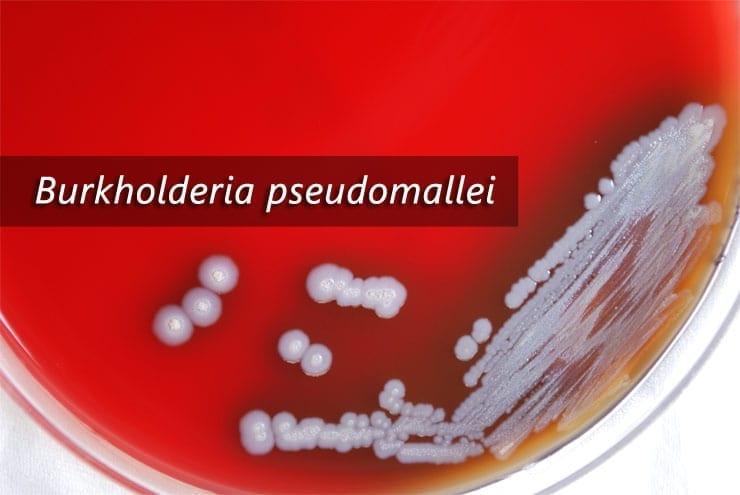 CUBRC’s Biological and Medical Sciences team, in collaboration with EpiVax, Inc., has received a four-year grant worth $1.87 million from the Defense Threat Reduction Agency (DTRA).
CUBRC’s Biological and Medical Sciences team, in collaboration with EpiVax, Inc., has received a four-year grant worth $1.87 million from the Defense Threat Reduction Agency (DTRA).
CUBRC, EpiVax and scientists at the University of Florida will be investigating immune cells from patients that were previously infected with Burkholderia pseudomallei to understand how this bacterium evades the human immune system and use that information to engineer an effective vaccine.
“A successful outcome of this basic research program will provide answers to some very difficult questions about how this pathogen evades the host immune system and position our team to identify multiple vaccine candidates for advanced development,” noted Katie Edwards, Ph.D., CUBRC’s Co-Principal Investigator and program lead.
EpiVax contributes expertise in immuno-informatics tools to speed the pace of vaccine development and provide rapid clues about the likelihood of success in human trials.
“EpiVax has worked hard to be at the forefront of vaccine antigen selection using our proprietary computational vaccinology tools. These tools make it possible to develop safer, more efficient vaccines and accelerate the development of new vaccines for national biodefense,” stated Annie De Groot, MD, EpiVax’s CEO and Co-Principal Investigator for the program.
CUBRC announced the award on Dec. 19, 2016.

